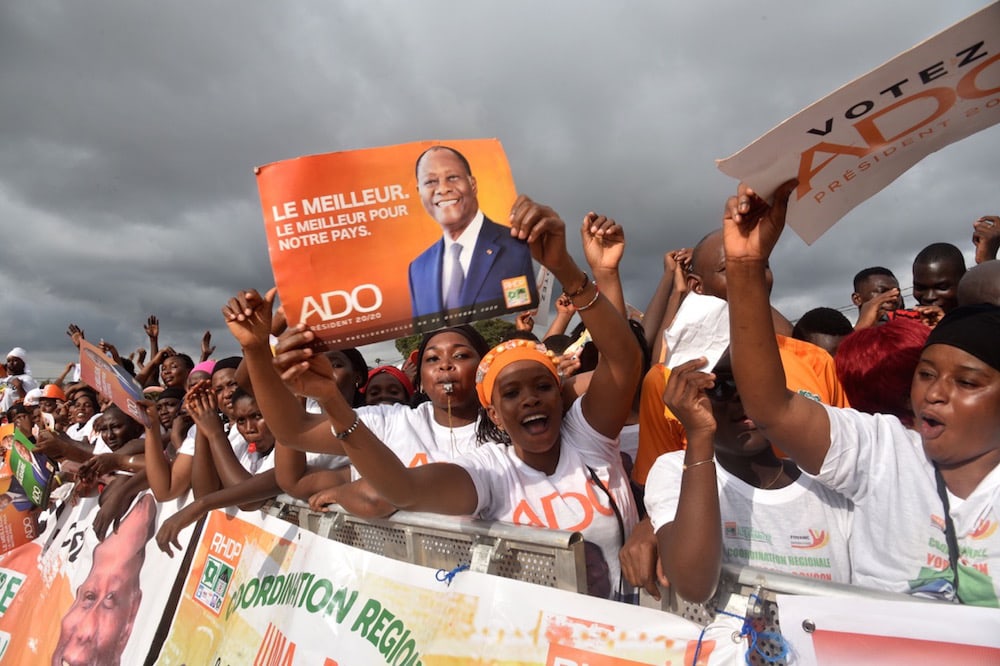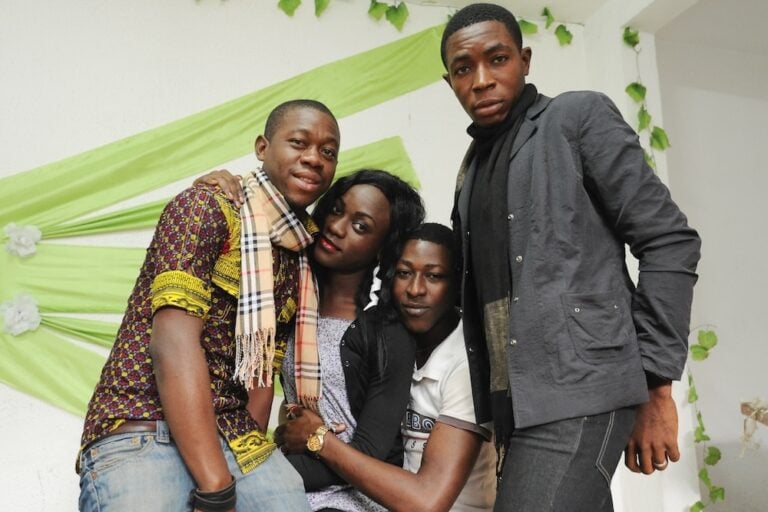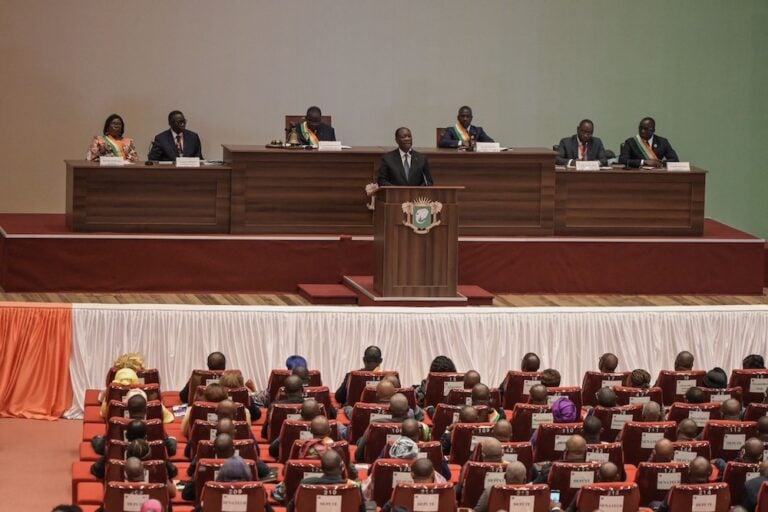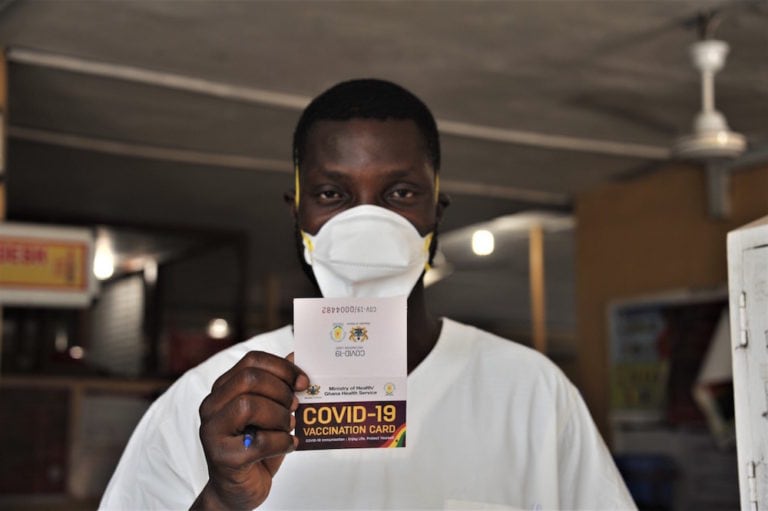Journalists are being targeted by security agents, politicians and party supporters as the Ivory Coast election draws closer.
This statement was originally published on rsf.org on 16 October 2020.
As reporters continue to be harassed and threatened over their coverage of the campaign for Côte d’Ivoire’s presidential election at the end of the month, Reporters Without Borders (RSF) calls on the country’s politicians to stop regarding journalists at their opponents and let them do their job of reporting the news.
As reporters continue to be harassed and threatened over their coverage of the campaign for Côte d’Ivoire’s presidential election at the end of the month, Reporters Without Borders (RSF) calls on the country’s politicians to stop regarding journalists at their opponents and let them do their job of reporting the news.
Several journalists working for foreign media outlets, including Radio France Internationale correspondent Pierre Pinto, were threatened on social media during an opposition rally in Abidjan’s Félix Houphouët Boigny Stadium on 11 October.
Shortly after arriving, Pinto tweeted: “The opposition’s anti-third-term rally is so far struggling to fill FHB stadium. Speakers accuse the authorities of blocking buses of supporters at Yopougon. Opposition leaders have yet to arrive.” This triggered a spate of reactions including one in which an opposition leader wondered whether journalists shouldn’t be physically attacked.
Pinto told RSF that the comment he tweeted along with a video shortly after arriving set off “an avalanche of more and more vehement and aggressive reactions,” which he didn’t notice until the end of the day. He meanwhile covered the meeting live on the air forRFI and sent reports for the next morning’s news show. “But the only thing obsessing the people on Twitter was the video showing a still half-empty stadium.”
Other recent targets include Afriksoir news website promoter André Sylver Konan and Abidjan.net reporter Félix Diby Boni, who were subjected to threats and verbal attacks from politicians in connection with their political coverage.
Deutsche Welle’s Côte d’Ivoire correspondent, Julien Adayé, was meanwhile roughed up by police in the north Abidjan suburb of Abobo while covering an opposition protest against President Alassane Ouattara’s controversial decision to run for a third term.
“These threats against journalists, who are just doing their job by reporting what they see in the field, are serious and disturbing,” said Assane Diagne, the director of RSF’s West Africa office. “They are all the more worrying because journalists have fallen victim to the worst forms of violence in times of political tension in the past in Côte d’Ivoire. We urge politicians to stop treating journalists as their opponents and stop targeting them, because they have an essential role to play in the electoral process.”
Those who ordered French-Canadian journalist Guy André Kieffer’s murder in Abidjan in 2004 are still at large, while the policeman who murdered RFI’s correspondent, Abidjan-based French journalist Jean Hélène, in 2003, is due to be released on 27 October on completing a 17-year prison sentence.
Côte d’Ivoire is ranked 69th out of 180 countries in RSF’s 2020 World Press Freedom Index.



